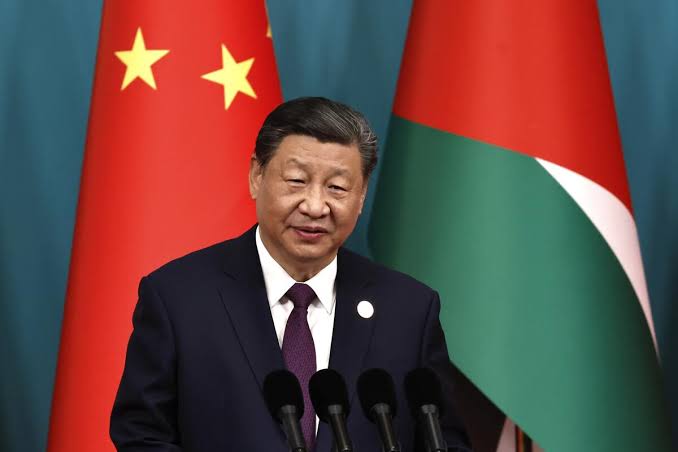
Faith Nyasuguta
The African National Congress (ANC) appears poised to lose the parliamentary majority it has maintained for 30 years, according to partial results from South Africa’s national election. This development could signify the most significant political shift since the end of apartheid.
With data from 16% of polling stations, the ANC’s share of the vote in Wednesday’s election stands at 42.6%. The pro-business Democratic Alliance (DA) is at 25.8%, and the Marxist Economic Freedom Fighters (EFF) hold 8.5%, as reported by the electoral commission.
If these early results reflect the final outcome, the ANC would need to form a coalition with one or more parties to govern, a scenario that could introduce unprecedented political volatility in the weeks and months ahead.
“There will be checks and balances on the ANC power, but the ultimate risk is that the infighting could make governance ineffective,” said Simon Harvey, head of foreign exchange analysis at Monex Europe.
He noted that the speed of coalition formation would be a critical indicator of future political stability. “If it is protracted, you may start to worry about a political gridlock going forward,” he added.
This uncertainty has impacted South African markets. The rand fell over 1% against the U.S. dollar, reaching its weakest level in four weeks. The wider equity index dropped more than 2%, experiencing its worst day in six weeks, and the country’s international bonds lost as much as 1 cent on the dollar.
The ANC has won every national election since the historic 1994 election, which ended apartheid and brought Nelson Mandela to the presidency. However, support for the ANC has waned due to issues like high unemployment, crime, frequent power blackouts, and corruption. Based on early results, the ANC is projected to secure around 42% of the vote, according to the Council for Scientific and Industrial Research, which provided projections to the state broadcaster SABC.

In the previous election in 2019, the ANC won 57.5% of the vote, the DA received 20.8%, and the EFF garnered 10.8%, with a voter turnout of 66%, a figure expected to be higher this time.
Under South Africa’s constitution, the newly elected National Assembly will elect the next president. Although the ANC is likely to remain the largest party, a poor showing could leave its leader, Cyril Ramaphosa, vulnerable to a leadership challenge from within the party.
Early results show the ANC with 38%, the DA with 27.8%, and the EFF with 10.9% in Gauteng province, which includes Johannesburg and the townships of Soweto and Alexandra.
In KwaZulu-Natal, a populous eastern province including Durban, a new party led by former president Jacob Zuma, uMkhonto we Sizwe (MK), performed strongly, with 42.7% of the vote compared to the ANC’s 21.4%.
Zuma, who resigned as president in 2018 following numerous scandals, has since distanced himself from the ANC leadership, supporting MK. The party, named after the ANC’s armed wing from the apartheid era, seems to be drawing votes away from both the ANC and the EFF, especially in KwaZulu-Natal.

The electoral commission has up to seven days to declare full results, though it is typically faster. In the 2019 election, held on a Wednesday like this year, final results were announced by Saturday.
The new parliament must convene within 14 days of the final results to elect the nation’s president. Should the ANC lose its majority, the following two weeks could see intense negotiations to form a new government.
RELATED:




